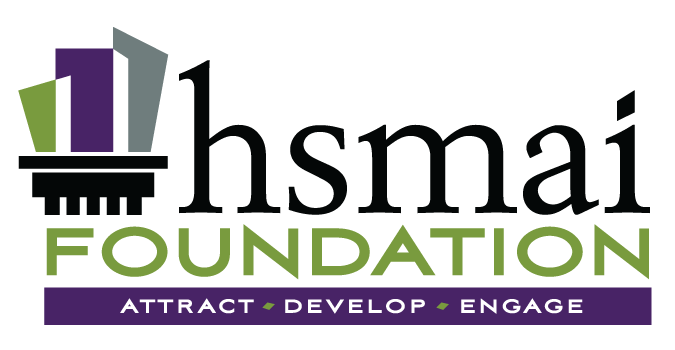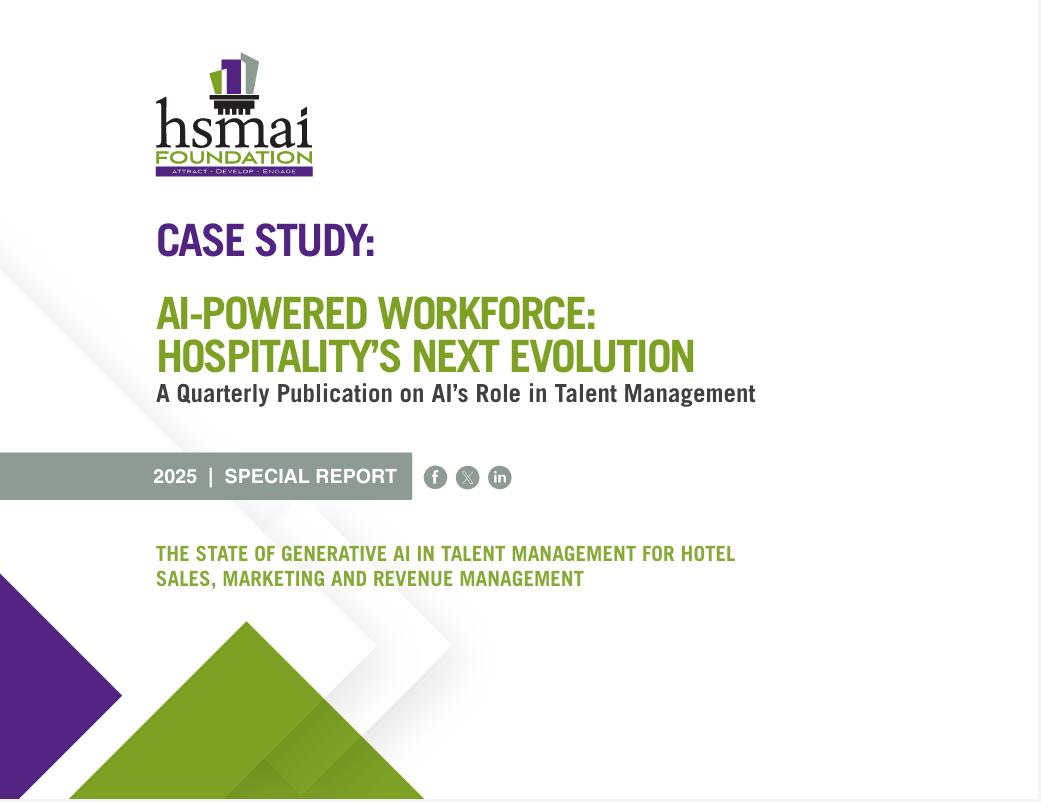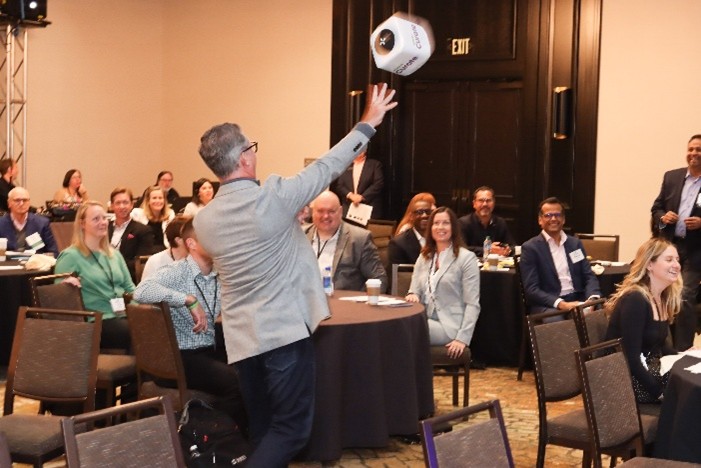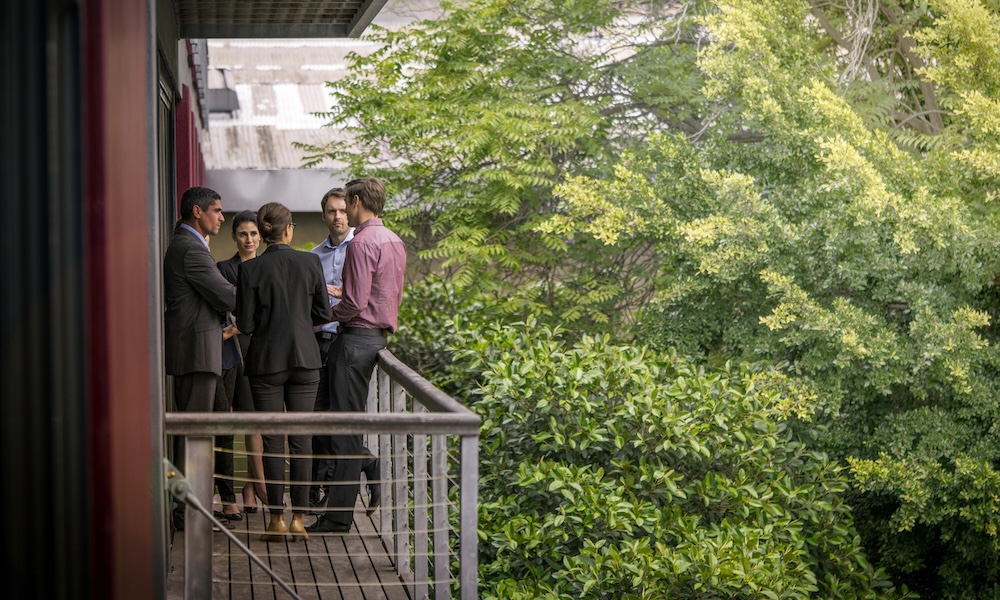The Hospitality Sales & Marketing Association International Foundation is proud to announce Reem Alaqili, Juliette van der Ham, Margaret Thompson, and Libby Warden as the recipients of the 2025 Mike Dimond Student Career Success Grant. This prestigious program supports the development opportunities available to hospitality students interested in careers in commercial strategy. The grant provides aspiring professionals with financial support, access to industry thought leadership, and a dedicated mentorship experience with a seasoned executive.




The competition for the Student Career Success Grant considers academic achievement, industry experience, and a written statement outlining career aspirations. Submissions are reviewed by the HSMAI Foundation Board of Directors.
“This year’s grant recipients truly exemplify the curiosity, dedication, and leadership that define the next generation of hospitality professionals,” said Lori Kiel, CHDM, Chair of the HSMAI Foundation and Senior Vice President of Revenue Management at Pyramid Global Hospitality. “We are proud to provide them with resources, mentorship, and connections that will help shape their careers and, ultimately, the future of hospitality leadership.”
Named in honor of Mike Dimond, one of the hospitality industry’s most respected marketing executives, the grant was created by his family to expand and enhance the development opportunities available to hospitality students interested in careers in commercial strategy. Dimond was widely regarded as one of the nation’s top hotel marketing leaders, serving in senior roles including senior vice president of sales and marketing at The Broadmoor in Colorado Springs. He is a member of the HSMAI Hall of Fame and was recognized as one of “The 25 Most Extraordinary Minds in Hospitality & Travel.”
To learn more on the HSMAI Foundation and its programs, visit www.hsmaifoundation.org.
###
Media Contact
MMGY
About the HSMAI Foundation
The HSMAI Foundation is a 501c3 organization established in 1983 to serve as the research and educational arm of the Hospitality Sales and Marketing Association International. The Foundation’s mission is to elevate the overall caliber and performance of sales, marketing, and revenue management professionals in the global hospitality industry by driving initiatives that will attract new talent, develop emerging talent and engage existing talent. The work of the Foundation is supported by private donations and Corporate Talent Partners. Visit www.hsmaifoundation.org for more information.











